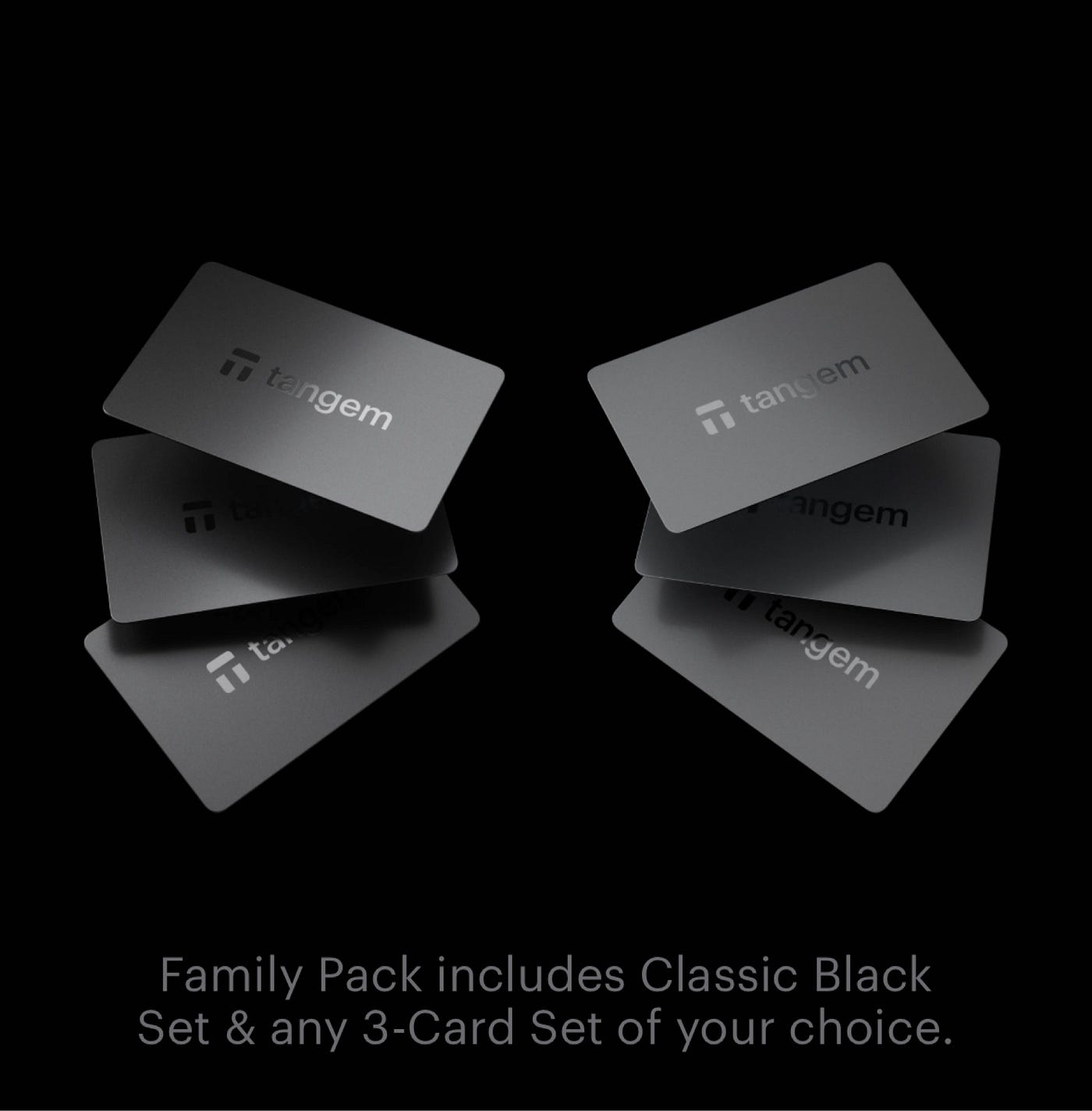Hello, Crypto Insights Hub community!👋
As the cryptocurrency market continues to mature, sophisticated financial instruments like crypto derivatives are gaining traction among investors and traders. These instruments offer a range of opportunities for risk management, speculation, and portfolio diversification. In today’s post, we’ll provide an overview of the most common types of crypto derivatives: futures, options, and swaps. Let’s dive in!
1. Crypto Futures
A futures contract is an agreement between two parties to buy or sell a specific cryptocurrency at a predetermined price on a future date. There are two main types of participants in the futures market: hedgers and speculators.
- Hedgers use futures contracts to protect themselves from price fluctuations in the cryptocurrency market. For example, a miner might use a futures contract to lock in a selling price for their mined coins, ensuring a predictable cash flow.
- Speculators use futures contracts to bet on the future price of a cryptocurrency, hoping to profit from price movements.
Crypto futures are traded on specialized exchanges like CME Group, Deribit, and FTX, and they can be settled in cash or the underlying cryptocurrency.
2. Crypto Options
An options contract gives the buyer the right, but not the obligation, to buy (call option) or sell (put option) a specific cryptocurrency at a predetermined price (strike price) on or before a specific date (expiration date). The buyer pays a premium to the seller to enter the contract.
- Call Options allow the buyer to profit from a price increase in the underlying cryptocurrency. If the price rises above the strike price, the buyer can exercise the option and purchase the asset at a lower cost than the market price.
- Put Options allow the buyer to profit from a price decrease in the underlying cryptocurrency. If the price falls below the strike price, the buyer can exercise the option and sell the asset at a higher price than the market price.
Crypto options are available on platforms like Deribit, LedgerX, and FTX.
3. Crypto Swaps
A swap is a derivative contract in which two parties agree to exchange a series of cash flows, often based on different financial instruments or assets. Crypto swaps can take various forms, but one common type is the interest rate swap.
- Interest Rate Swaps involve exchanging a series of interest payments based on a notional principal amount. In the context of cryptocurrency, this could involve swapping the interest rate payments of a stablecoin lending platform with those of a decentralized finance (DeFi) lending protocol.
Crypto swaps can be executed on decentralized platforms like Uniswap, SushiSwap, and Curve Finance, or through over-the-counter (OTC) transactions facilitated by specialized firms.
Conclusion
Crypto derivatives, including futures, options, and swaps, offer a range of opportunities for investors and traders to manage risk, speculate on price movements, and diversify their portfolios. As the cryptocurrency market continues to evolve and mature, we can expect the range of available derivative products to expand, providing even more opportunities for market participants.
We hope this post has provided a helpful overview of the most common types of crypto derivatives. If you have any thoughts or questions, please feel free to share them in the comments below!
Stay tuned for more insights from the Crypto Insights Hub!
Best regards,
Sophia Lopez,
Admin of Crypto Insights Hub


